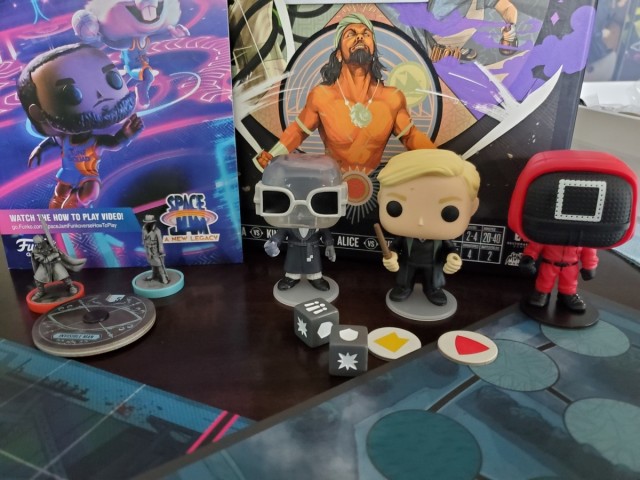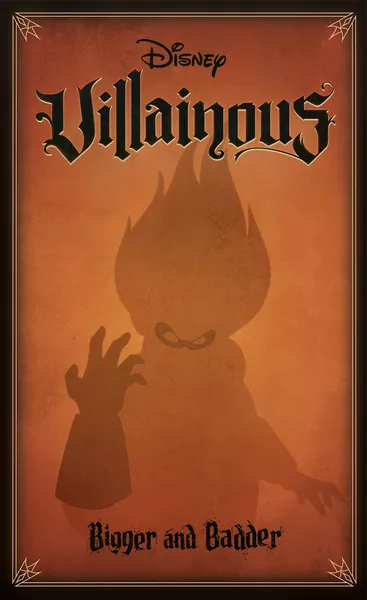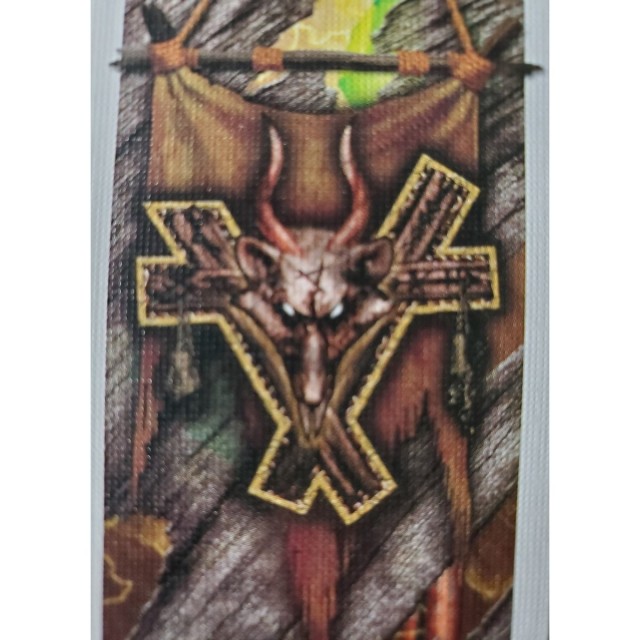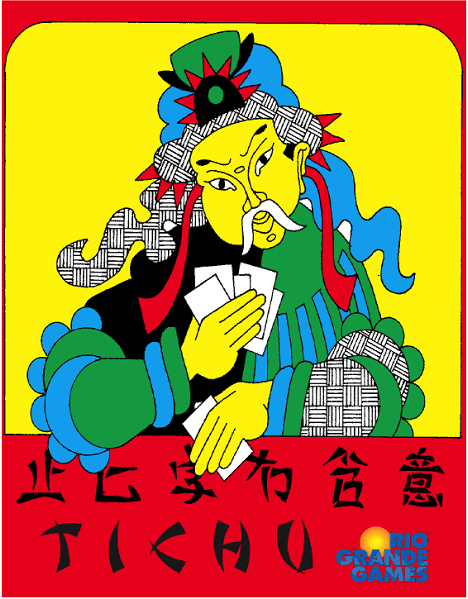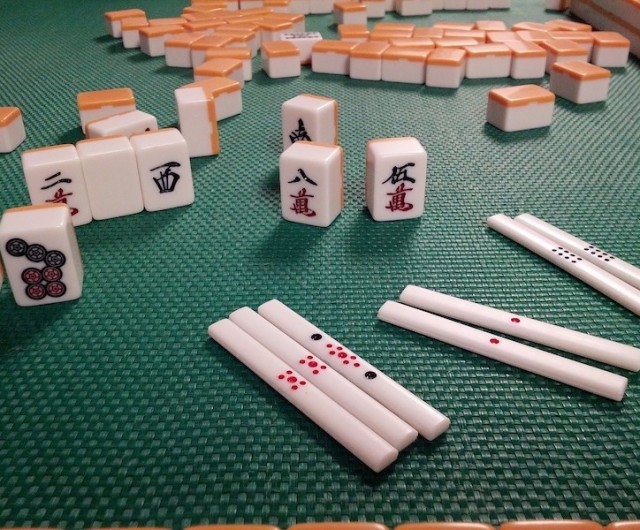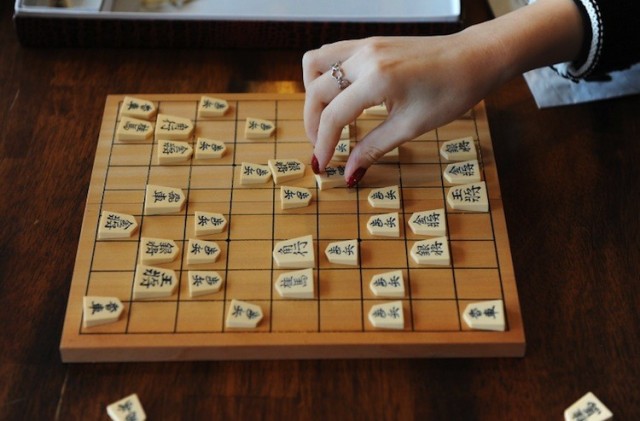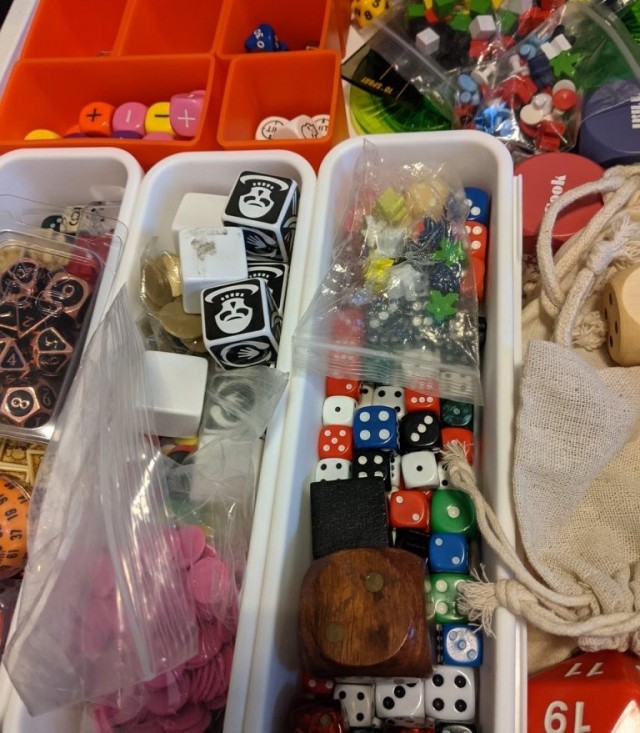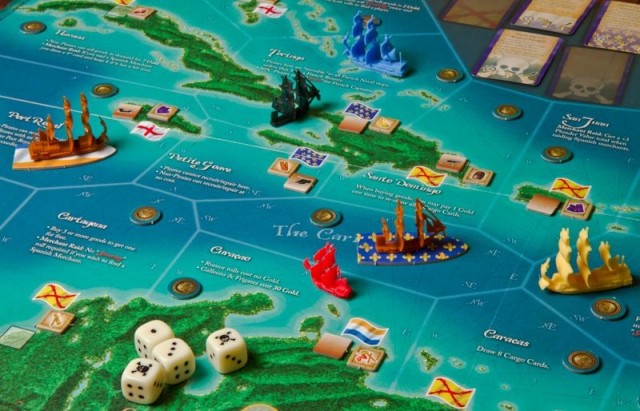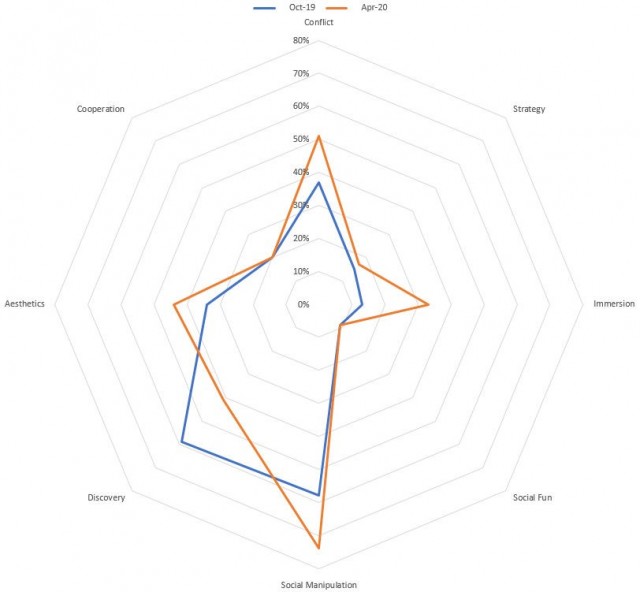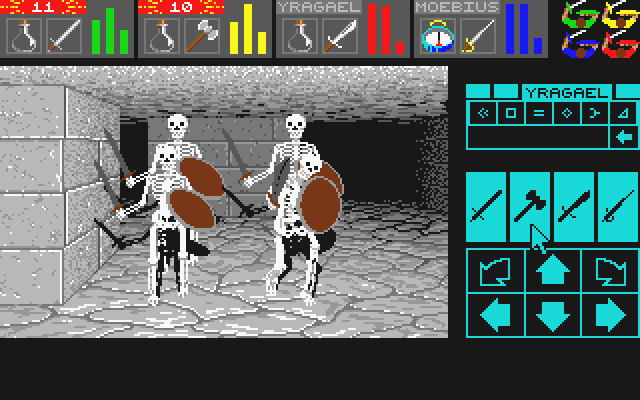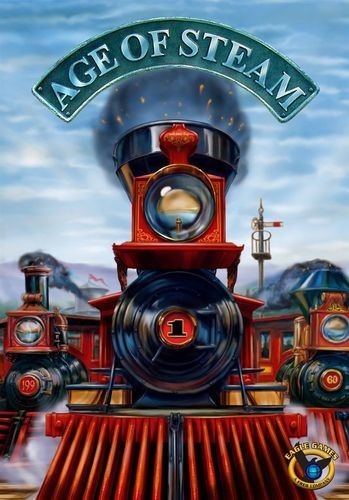When I was first introduced to the albums of the Beatles, my favorite album was The White Album. Since I had only known their hits, my first exposure to the Fab Four’s albums was overwhelming and kind of wonderful. Every song took me to a different place, and those places were always surprising. As I listened to their other albums, I found that pretty much all of their stuff was terrific. Rubber Soul and Revolver were tighter than The White Album. Abbey Road was more polished. Sgt. Pepper was more revolutionary, and A Hard Day’s Night was just punchier and more fun. But after all these years with The Beatles, I keep coming back to the White Album, even though it’s something of a mess.
As all Beatles fans know, the second to last track on the album is the infamous “Revolution 9,” John Lennon’s sound collage. It’s mostly bits of noise and disconnected phrases, mashed together and blended into something that’s a little frightening and a little funny, but mostly long. At over eight minutes long, it is the longest track they ever released, and very likely the most-skipped. I can certainly understand why. Is it inscrutable? Absolutely. Interminable? No doubt. But it’s also a unique part of the DNA of the White Album. It’s a long sonic detour, but it’s a pretty important track too. In fact, you could cut your own version of the album and trim out all of the strange detours, be they “Revolution 9,” “Wild Honey Pie,” or “Yer Blues.” But it wouldn’t be the album I loved. It would be leaner, but not necessarily better.
As I write this, I reflect on the fact that many people probably don’t feel this way. We live in an age where time is valuable, and any perceived “filler” must be trimmed. And thanks to the way we consume media, it’s easier than ever to do it. We can re-sequence albums, create alternate edits of movies, and distribute those new versions all over the place. I don’t have a problem with that, but I do worry that it might be promoting an idea that we can’t waste time on anything that is less than awesome. And while that may make sense, in other ways I don’t like how it affects our tastes.
What does this have to do with board games? Well, let’s have a look at one of the most recent hits in the board gaming world, last year’s Eclipse. Eclipse is a space game where players master technology, conquer neighbors, and run an economy to become the greatest race in the galaxy. The game has often been compared to Twilight Imperium, the vast space epic by Christian T. Peterson. The key difference is that Eclipse plays in as little as a third of the time of Twilight Imperium. It runs at a much faster pace, and is over in just a couple of hours. The rules are also much more digestible in Eclipse, making it easier to find players. A lot of people have gone so far as to say that the game makes Twilight Imperium obsolete.
I do prefer Eclipse to Twilight Imperium for all the reasons listed, but a lot of fans of the latter have expressed disappointment that one of their favorite games could be so lightly cast aside. And I agree with this. Let’s be clear here: Eclipse is much easier to play than Twilight Imperium. It’s length and weight are far less daunting. Essentially, it plays like Twilight Imperium with all the boring parts removed. But that’s just the problem right there. One of the reasons that Twilight Imperium is so beloved is that the game is so long. It’s meant to be an epic, and to cut any of that out is to betray one of the things that makes the game special. This is something that couldn’t possibly be explained to people who never liked that length in the first place, but those who have already committed to that experience know that those “boring parts” give the good parts meaning.
When I was a theater geek in college, my drama professor told us that drama is found in contrasts. I’m not sure I agree with him, but I’ve found this to be true in board games, especially the most exciting ones. The lulls in Battlestar Galactica when the Cylons don’t appear are a vital break in the action, because they serve as a counterpoint to those frantic moments when the ship is surrounded. The quiet search in Fury of Dracula gives tension to the moments before you dive into combat with the Count himself. And of course, if all of Merchants & Marauders consisted of was throwing dice to fight each other, the game would not be nearly as engaging as the more leisurely adventure game it is. Those slow parts provide the necessary contrast to make the exciting parts important, and in the process they take on an importance of their own.
When I think about what I like least in a game, it tends to be a game that stays at an even keel the whole way through. It’s difficult to express, but I have a problem when a game just keeps a steady easy pace. There has to be some moment that stands out from everything else. After all, the best game experiences are composed of memorable moments. A related concept is that of a “bomb,” or a killer move that could fail mightily or succeed triumphantly. Bombs can only exist when there’s something to explode.
I fear that in our never-ending quest to streamline every genre of game to a 90-minute version, we’re looking for a version of our hobby that will feel hollow. It’s not a problem to just have games that play shorter than their big brothers. I love Nexus Ops, which is probably the shortest version of a dudes-on-a-map game, and also the best. But I would hate to see longer games like Axis & Allies vanish altogether because no one wants to spend the time necessary to play them. Long games, the ones that take six hours or longer to finish, are dying out. That’s not all bad, but it’s not all good either. We all have more time to play games, but it sometimes feels that those games are beginning to seem a little less special than they were.
Obviously, we aren’t all in college anymore. We can’t all stay up until 4 AM finishing a game of Titan. I’m almost 30, with a kid and another on the way. I would be irresponsible if I played many games that went that long. And there are times when a game’s length turns into bloat. It’s no good to anyone for a game to last for five hours and never have anything interesting happen, though that threshold will be different for everyone. But I think we can agree that we don’t need always need to prefer the games that can be described as “like X, but shorter.” I don’t want games to be robbed of slow moments and low ebbs in action, just as I don’t want a version of The White Album without Revolution 9.
 Games
Games How to resolve AdBlock issue?
How to resolve AdBlock issue? 